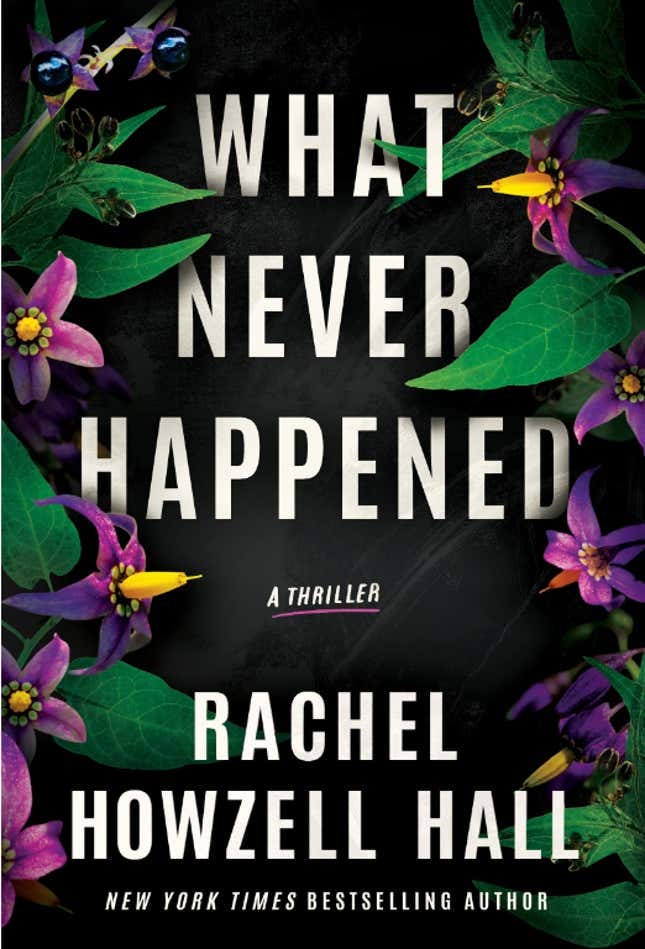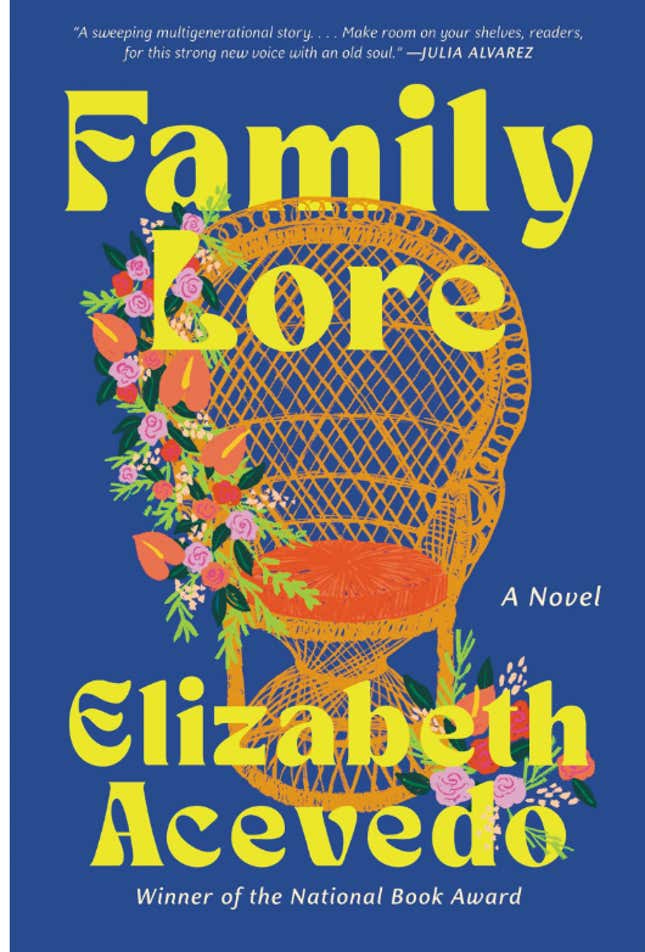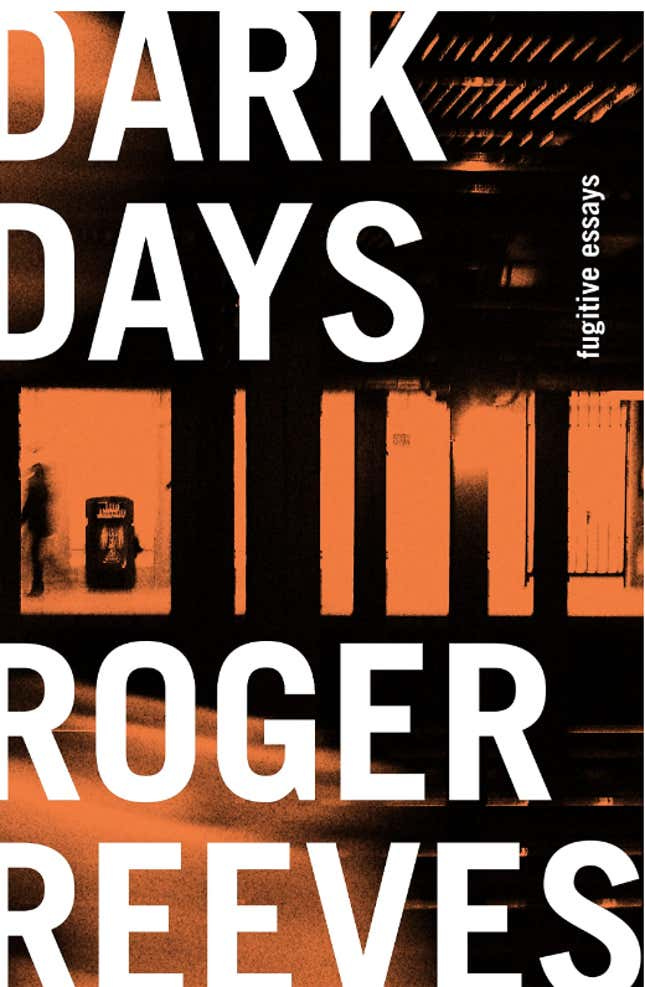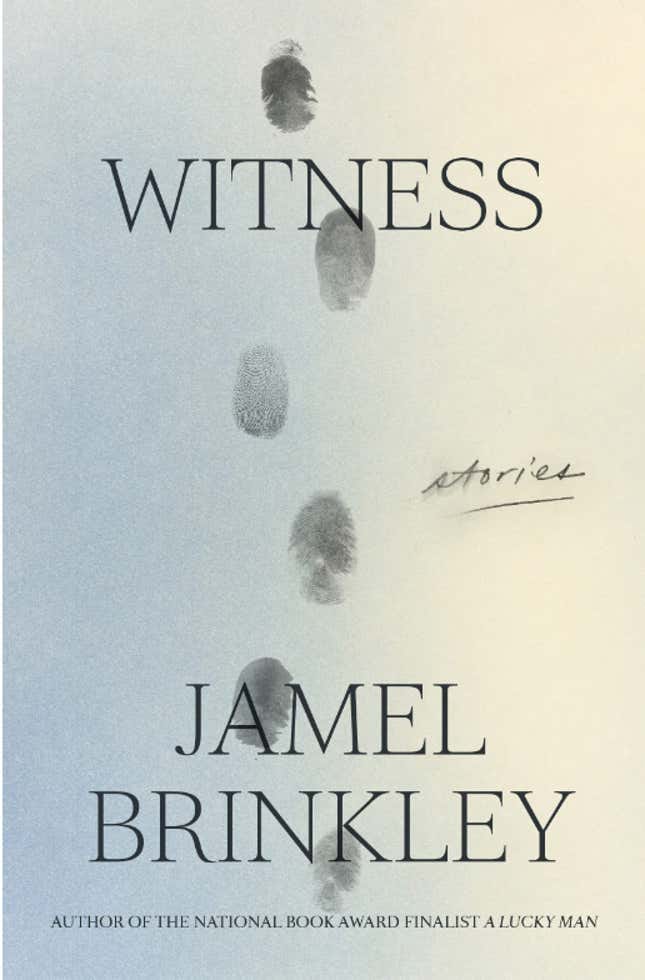Black by Popular Demand
Happy August!
Books are here more than ever. If you haven’t found the right one, we are highlighting Best Richardson African Diaspora Literature & Culture Museum of Tampa, Florida.
Keep reading!
True True
This is not how seventeen-year-old Gil imagined beginning his senior year--on the subway dressed in a tie and khakis headed towards Manhattan instead of his old public school in Brooklyn. Augustin Prep may only be a borough away, but the exclusive private school feels like it's a different world entirely compared to Gil's predominately Caribbean neighborhood in Brooklyn.
If it weren't for the partial scholarship, the school's robotic program and the chance for a better future, Gil wouldn't have even considered going. Then after a racist run-in with the school's golden boy on the first day ends in a fight that leaves only Gil suspended, Gil understands the truth about his new school--Augustin may pay lip service to diversity, but that isn't the same as truly accepting him and the other Black students as equal. But Gil intends to leave his mark on Augustin anyway.
If the school isn't going to carve out a space for him, he will carve it out for himself. Using Sun Tzu's The Art of War as his guide, Gil wages his own clandestine war against the racist administration, parents and students, and works with the other Black students to ensure their voices are finally heard. But the more enmeshed Gil becomes in school politics, the more difficult it becomes to balance not only his life at home with his friends and family, but a possible new romance with a girl he'd move mountains for. In the end, his war could cost him everything he wants the most.
What Never Happened: A Thriller
Colette "Coco" Weber has relocated to her Catalina Island home, where, twenty years before, she was the sole survivor of a deadly home invasion. All Coco wants is to see her aunt Gwen, get as far away from her ex as possible, and get back to her craft--writing obituaries. Thankfully, her college best friend, Maddy, owns the local paper and has a job sure to keep Coco busy, considering the number of elderly folks who are dying on the island.
But as Coco learns more about these deaths, she quickly realizes that the circumstances surrounding them are remarkably similar...and not natural. Then Coco receives a sinister threat in the mail: her own obituary.
As Coco begins to draw connections between a serial killer's crimes and her own family tragedy, she fears that the secrets on Catalina Island might be too deep to survive. Because whoever is watching her is hell-bent on finally putting her past to rest.
Family Lore
Flor has a gift: she can predict, to the day, when someone will die. So when she decides she wants a living wake--a party to bring her family and community together to celebrate the long life she's led--her sisters are surprised. Has Flor foreseen her own death, or someone else's? Does she have other motives? She refuses to tell her sisters, Matilde, Pastora, and Camila.
But Flor isn't the only person with secrets: her sisters are hiding things, too. And the next generation, cousins Ona and Yadi, face tumult of their own.
Spanning the three days prior to the wake, Family Lore traces the lives of each of the Marte women, weaving together past and present, Santo Domingo and New York City. Told with Elizabeth Acevedo's inimitable and incandescent voice, this is an indelible portrait of sisters and cousins, aunts and nieces--one family's journey through their history, helping them better navigate all that is to come.
Dark Days: Fugitive Essays
In his debut work of nonfiction, award-winning poet Roger Reeves finds new meaning in silence, protest, fugitivity, freedom, and ecstasy. Braiding memoir, theory, and criticism, Reeves juxtaposes the images of an opera singer breaking the state-mandated silence curfew by singing out into the streets of Santiago, Chile, and a father teaching his daughter to laugh out loud at the planes dropping bombs on them in Aleppo, Syria. He describes the history of the hush harbor--places where enslaved people could steal away to find silence and court ecstasy, to the side of their impossible conditions. In other essays, Reeves highlights a chapter in Toni Morrison's Beloved to locate common purpose between Black and Indigenous peoples; he visits the realities of enslaved people on McLeod Plantation, where some of the descendants of those formerly enslaved lived into the 1990s; and he explores his own family history, his learning to read closely through the Pentecostal church tradition, and his passing on of reading as a pleasure, freedom, and solace to his daughter, who is frightened the police will gun them down.
Together, these groundbreaking essays build a profound vision for how to see and experience the world in our present moment, and how to strive toward an alternative existence in intentional community underground. "The peace we fight and search for," Reeves writes, "begins and ends with being still."
Witness: Stories
What does it mean to take action? To bear witness? What does it cost?
In these ten stories, each set in the changing landscapes of contemporary New York City, a range of characters--from children to grandmothers to ghosts--live through the responsibility of perceiving and the moral challenge of speaking up or taking action. Though they strive to connect, to remember, to stand up for, and to really see each other, they often fall short, and the structures they build around these ambitions and failures shape not only their own futures but the legacies and prospects of their families and their city.
In its portraits of families and friendships lost and found, the paradox of intimacy, the long shadow of grief, the meaning of home, Witness enacts its own testimony. Here is a world where fortunes can be made and stolen in just a few generations, where strangers might sometimes show kindness while those we trust--doctors, employers, siblings--too often turn away, where joy comes in snatches: flowers on a windowsill, dancing in the street, glimpsing your purpose, change on the horizon.
With prose as upendingly beautiful as it is artfully, seamlessly crafted, Jamel Brinkley offers nothing less than the full scope of life and death and change in the great, unending drama of the city.
The African Samurai
In 1579, a Portuguese trade ship sails into port at Kuchinotsu, Japan, loaded with European wares and weapons. On board is Father Alessandro Valignano, an Italian priest and Jesuit missionary whose authority in central and east Asia is second only to the pope's. Beside him is his protector, a large and imposing East African man. Taken from his village as a boy, sold as a slave to Portuguese mercenaries, and forced to fight in wars in India, the young but experienced soldier is haunted by memories of his past.
From Kuchinotsu, Father Valignano leads an expedition pushing inland toward the capital city of Kyoto. A riot brings his protector in front of the land's most powerful warlord, Oda Nobunaga. Nobunaga is preparing a campaign to complete the unification of a nation that's been torn apart by over one hundred years of civil war. In exchange for permission to build a church, Valignano "gifts" his protector to Nobunaga, and the young East African man is reminded once again that he is less of a human and more of a thing to be traded and sold.
After pledging his allegiance to the Japanese warlord, the two men from vastly different worlds develop a trust and respect for one another. The young soldier is granted the role of samurai, a title that has never been given to a foreigner; he is also given a new name: Yasuke. Not all are happy with Yasuke's ascension. There are whispers that he may soon be given his own fief, his own servants, his own samurai to command. But all of his dreams hinge on his ability to protect his new lord from threats both military and political, and from enemies both without and within.
A magnificent reconstruction and moving study of a lost historical figure, The African Samurai is an enthralling narrative about the tensions between the East and the West and the making of modern Japan, from which rises the most unlikely hero.
The Art of Scandal
On the night of her husband Matt's fortieth birthday, Rachel Abbott receives a sexy, explicit text from her husband that she quickly realizes was meant for another woman. Divorce is inevitable, and Rachel is determined not to leave her thirteen-year marriage empty handed. Meanwhile, Matt, a rising star mayor with his eye on the White House, can't afford a messy split in the middle of his reelection campaign. They strike a deal: Rachel gets one million dollars and their lavish house in the wealthy DC suburb of Oasis Springs, as long as she keeps playing the ideal Black trophy wife until the election.
Then Rachel meets Nathan Vasquez, a very handsome, very lost twenty-six-year-old artist, and their connection makes Rachel forget about being the perfect politician's wife. As Rachel reawakens Nathan's long-dormant artistic aspirations, their attraction becomes impossible to resist. But secrets are hard to keep in a town like Oasis Springs, and Nathan has a few of his own. With the risk of scandal looming and their hearts on the line, they'll have to decide whether the possibility of losing everything is worth taking a chance on love.
The Peach Seed
On a routine trip to the Piggly Wiggly in Albany, Georgia, widower Fletcher Dukes smells a familiar perfume, then sees a tall woman the color of papershell pecans with a strawberry birthmark on the nape of her neck. He knows immediately that she is his lost love, Altovise Benson. Their bond, built on county fairs, sit-ins, and marches, once seemed a sure and forever thing. But their marriage plans were disrupted when the police turned a peaceful protest violent.
Before Altovise fled the South, Fletcher gave her a peach seed monkey with diamond eyes. As we learn via harrowing flashbacks, an enslaved ancestor on the coast of South Carolina carved the first peach seed, a talisman that, ever since, each father has gifted his son on his thirteenth birthday.
Giving one to Altovise initiated a break in tradition, irrevocably shaping the lives of generations of Dukeses. Recently, Fletcher has made do on his seven acres with his daughter Florida's check-ins, his drop biscuits, and his faithful dog. But as he begins to reckon with long-ago choices, he finds he isn't the only one burdened with unspoken truths.
An indelible portrait of a family, The Peach Seed explores how kin pass down legacies of sorrow, joy, and strength. And it is a parable of how a glimmer of hope as small as a seed can ripple across generations.











